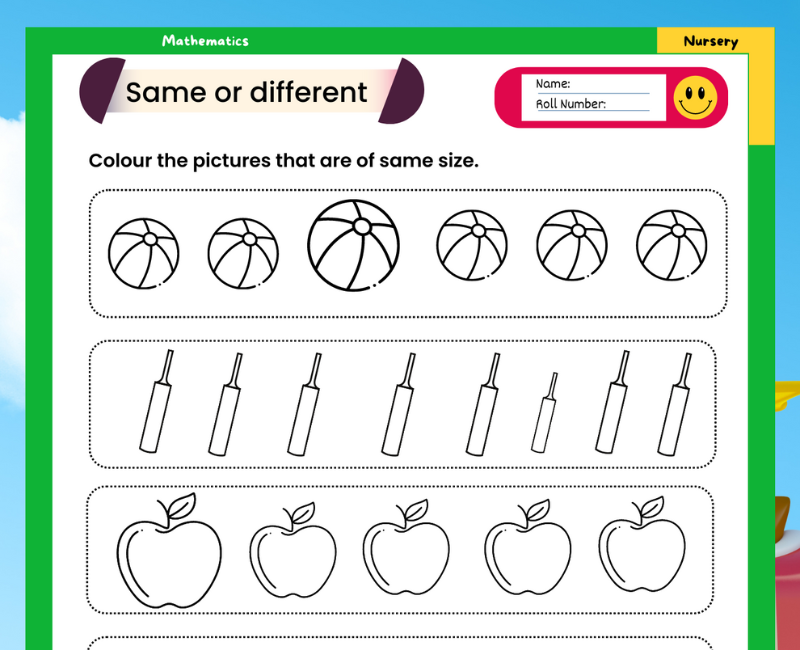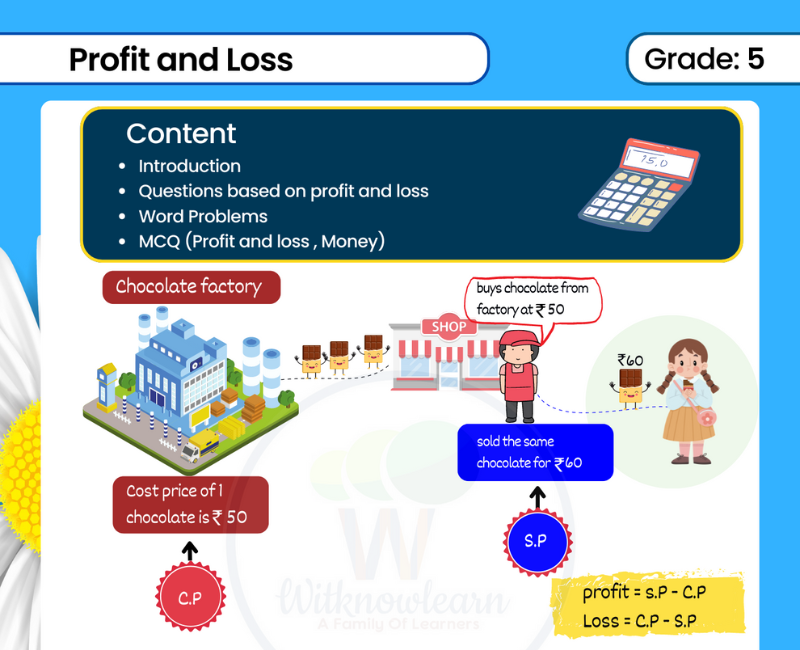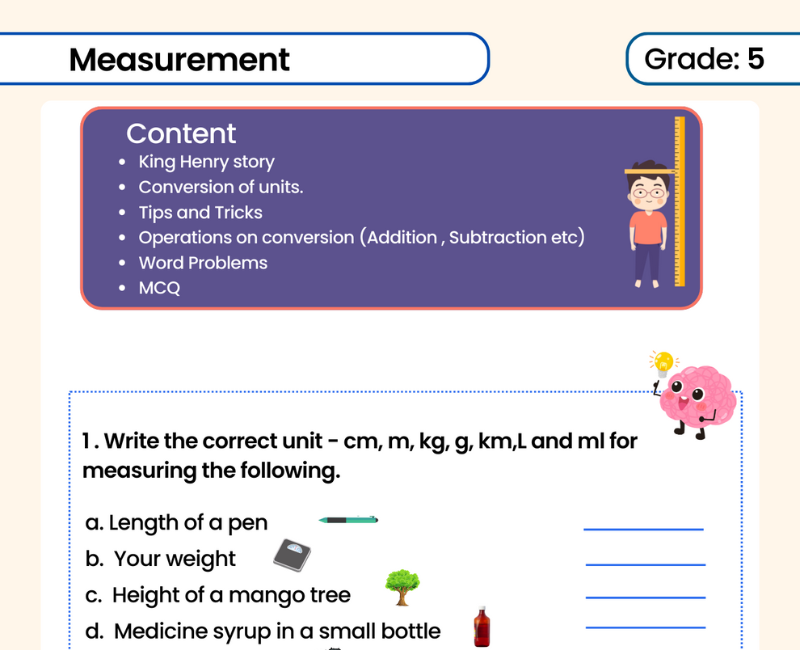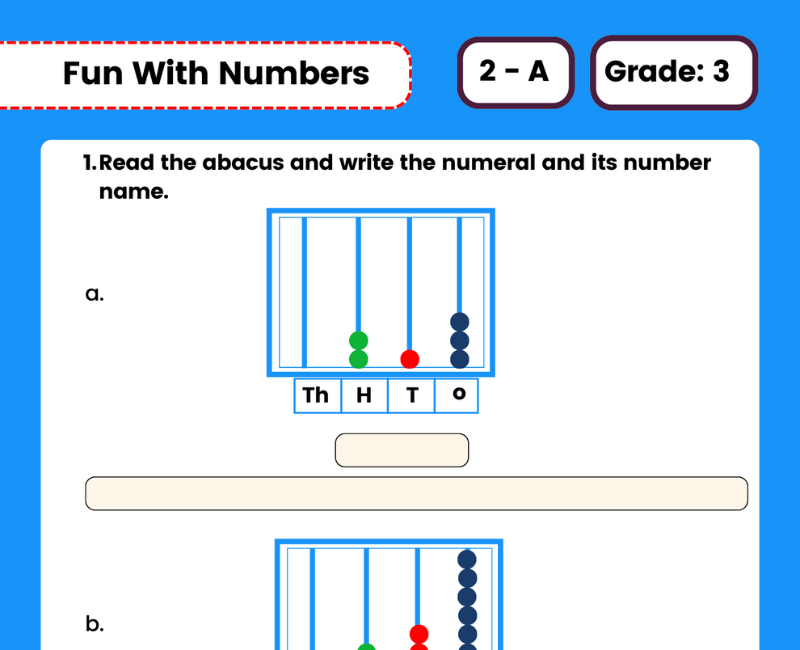Semiconductor Electronics Class 12th: MCQ & Extra Questions
Looking to enhance your understanding of Semiconductor Electronics in NCERT Physics Class 12? Look no further! We have got you covered with our comprehensive guide that explores Chapter 14 in-depth, complete with 100 multiple-choice questions (MCQs) and detailed solutions. In this article, we delve into the basics of Semiconductor Electronics and progress to expert-level concepts, ensuring that you grasp the topic from every angle. Whether you are a student preparing for your exams or someone looking to gain a deeper understanding of this subject, this article is tailored to meet your needs. Our carefully curated collection of MCQs offers a practical approach to learning, allowing you to test your knowledge and hone your problem-solving skills. Along with the questions, we provide step-by-step solutions that walk you through the reasoning and methodologies behind each answer. Don't miss out on this opportunity to master Semiconductor Electronics! Dive into NCERT Physics Class 12 Semiconductor Electronics Chapter 14 with us and unlock the key to acing your exams.
Semiconductor electronics is a topic that often pops up in Class 12 physics, and it's one that students and parents alike should pay close attention to. This subject area delves into the heart of modern technology, exploring semiconductor electronic devices like transistors and diodes, which are the building blocks of everything from smartphones to space stations.
Understanding the basics of semiconductor electronics materials, devices, and simple circuits is vital, especially for Class 12 students. Why? Because this chapter will likely appear in your exams and is a topic filled with important questions. In fact, semiconductor class 12 important questions often include topics like what is an N type semiconductor and how do semiconductor devices work. That's why it’s a good idea to check out semiconductor devices class 12 notes PDF from the Maharashtra board or other trusted sources. These notes will offer in-depth explanations and could include exercises and multiple-choice questions (MCQ) with answers to test your knowledge.
Speaking of exercises, semiconductor devices class 12 exercise questions are a great way to practice what you've learned. They can range from easy to complex, giving you a well-rounded understanding of the subject. For even more practice, you can look into semiconductor devices exercise questions available online or in various educational books.
Another great resource is semiconductor electronics materials devices and simple circuits class 12 notes. These notes can be your roadmap, guiding you through the maze of terms and concepts related to semiconductor devices and physics. They can help you understand the difference between different types of semiconductor materials and how simple circuits function using semiconductor devices.
When preparing for your Class 12 physics exams, chapter 14 is a must-study. Known as Class 12 ch 14 physics, this chapter goes beyond just semiconductor electronics and explores the underlying physics of how these devices function. This will not only help you answer semiconductor electronics important questions but also deepen your understanding of the subject.
Parents and teachers can also get involved by helping students find the right resources. Websites offering semiconductor devices class 12th notes and other study materials can be invaluable. Teachers can also provide extra questions or MCQs to challenge the students and help them prepare for their exams.
So, whether you're a student, a parent, or a teacher, understanding semiconductor electronics, especially as it's laid out in Class 12 physics chapter 14, is crucial. With notes, exercises, and a good grasp of the important questions, you'll be well on your way to mastering this subject. After all, semiconductor electronics is not just a chapter in a textbook; it's the future of technology.
Importance of studying Semiconductor Electronics in NCERT Physics Class 12
Studying Semiconductor Electronics in Class 12 physics is like getting a ticket into the future of technology. As we become more dependent on electronic devices, understanding the basics of how they work becomes more important. From simple circuits to complex systems, semiconductor electronics play a key role. For Class 12 students, grasping the concepts presented in this chapter can offer a leg up in both exams and future educational opportunities. There are important questions that often appear in exams from this chapter, so mastering it is crucial.
Overview of Chapter 14: Semiconductor Electronics
Chapter 14 in NCERT Class 12 physics, often referred to as Class 12 chapter 14 physics, is all about Semiconductor Electronics. It lays the groundwork for understanding how electronic devices function at their core. It's a must-study chapter that covers the different types of semiconductor materials, devices, and simple circuits. By the time you finish this chapter, you'll have a comprehensive understanding of the subject, backed by class 12 semiconductors notes and semiconductor devices class 12 exercise questions for practice.
Key Concepts and Topics Covered in Semiconductor Electronics
This chapter offers a deep dive into semiconductor electronics materials, devices, and simple circuits. Topics include N type and P type semiconductors, diodes, transistors, and digital electronics. The key concepts are often covered in semiconductor class 12 notes and are vital for tackling semiconductor devices MCQ with answers PDF and other exam resources.
Understanding the Basics of Semiconductors
Semiconductors are materials that have properties between conductors and insulators. They form the basis of all semiconductor electronic devices. Understanding these basics is crucial for tackling semiconductor class 12 important questions that might come your way in the exam.
Exploring Diode and its Characteristics
A diode is a semiconductor device that allows current to flow in only one direction. Understanding diodes is key to getting a handle on how electronic devices function. Notes and semiconductor devices class 12 notes PDF Maharashtra board can help you master this topic.
Transistors and their Applications in Electronics
Transistors are versatile semiconductor devices used in amplification, switching, and signal modulation. Transistors and their applications are covered extensively in semiconductor electronics class 12, making them an essential topic to grasp.
Analyzing the Various Types of Transistors
There are several types of transistors, each with its own set of characteristics and applications. Learning about them is key for understanding semiconductor devices and circuits notes, as well as for solving semiconductor devices exercise questions.
Mastering the Concepts of Logic Gates and Digital Electronics
Logic gates are the building blocks of digital electronics. Mastering them helps you understand how computing devices work at a fundamental level. This topic is also vital for answering semiconductor electronics important questions during exams.
Practicing with 100 Multiple-Choice Questions (MCQs) and Solutions for Chapter 14
Practice makes perfect. To ensure you're ready for any exam, make use of resources like semiconductor devices MCQ with answers PDF and semiconductor devices class 12 exercise questions. These tools can offer you a well-rounded grasp of the chapter's most important concepts.
Conclusion: Importance of Understanding Semiconductor Electronics in Class 12 Physics
Understanding Semiconductor Electronics in Class 12 Physics opens doors to a world of possibilities, from cutting-edge technology to exciting career options. So, take your semiconductor class 12 studies seriously, and you'll find that the future holds exciting opportunities.





